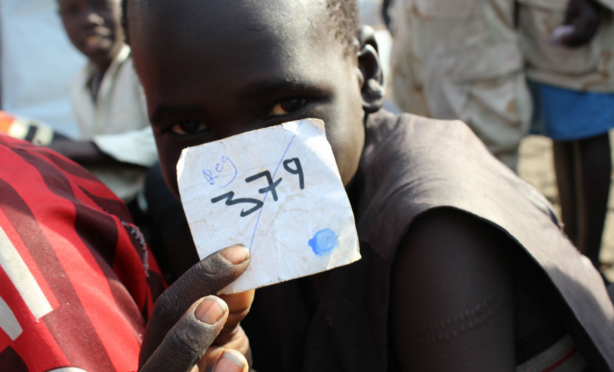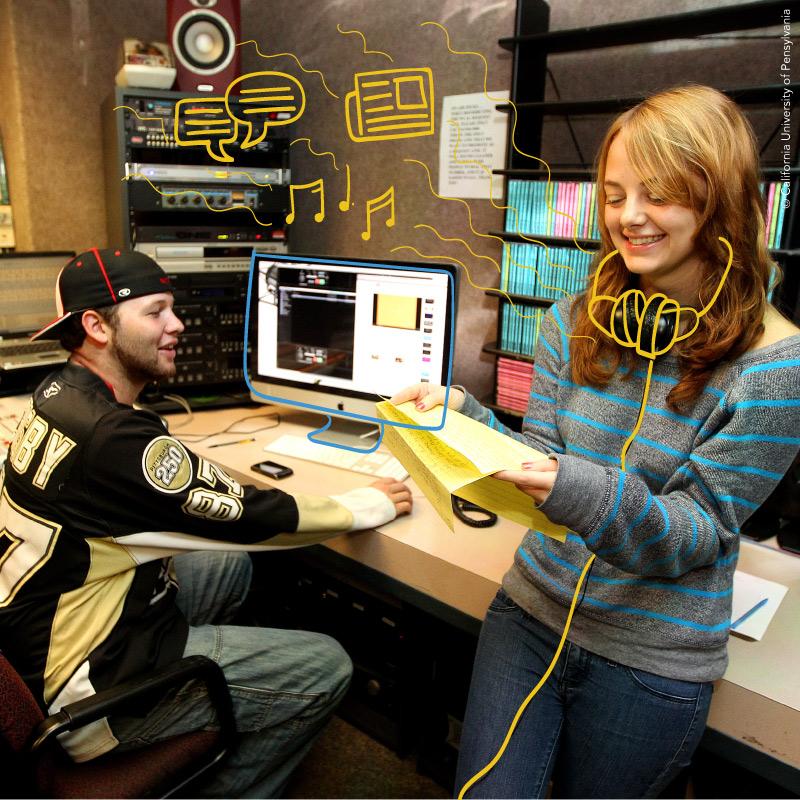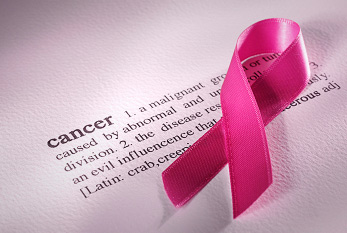Child Soldiers are Boys and Girls we Failed to Protect
As we mark the International Day against the Use of Child Soldiers, tens of thousands of boys and girls are associated with armed forces and groups in conflicts in over 20 countries around the  world. “Again this year, the multiplication of conflicts and the brutality of tactics of war have made children extremely vulnerable to recruitment and use,” said Leila Zerrougui, the Special Representative of the Secretary-General for Children and Armed Conflict.
world. “Again this year, the multiplication of conflicts and the brutality of tactics of war have made children extremely vulnerable to recruitment and use,” said Leila Zerrougui, the Special Representative of the Secretary-General for Children and Armed Conflict.
In the most recent Annual report of the Secretary-General on children and armed conflict, 56 of the 57 parties to conflict identified for grave violations against children are named because they are recruiting and using child soldiers.
Children are sent to the frontlines as combatants, but many are also used in functions that put their lives in danger such as cooks, porters, spies and informants. During their association with armed groups or forces, children are exposed to high levels of violence. They are witnesses, victims or forced to commit acts of brutality. In addition, a majority of girls, but also boys, are victims of rape and sexual violence. When they are captured or arrested for alleged association with armed groups, too often, children are not treated primarily as victims and denied the protection guaranteed by international norms and standards of juvenile justice.
“Children who are released or escape often have a hard time finding their place in society, or can even be rejected by their communities. We must make it our common responsibility to ensure sufficient resources are available for reintegration to provide psychosocial support as well as education and vocational training. This is crucial to their future and to build peaceful societies,” said Leila Zerrougui.
Twenty years of work to protect boys and girls in conflict
In 1996, the mandate of the UN Special Representative for Children and Armed Conflict was created following the realization that children were the primary victims of armed conflict.
Twenty years later, the international community’s engagement has resulted in a strong framework and concrete tools to engage with parties to conflict and address the violations committed against children during conflict.
“We still face huge challenges to protect children in times of war, but our work and advocacy has led to an emerging consensus among the world’s nations that boys and girls do not belong in national security forces in conflict or in any armed group,” declared the Special Representative
The Optional Protocol to the Convention on the Rights of the Child on the involvement of children in armed conflict, now ratified by 162 state parties, has played a crucial role to bring about this consensus. Leila Zerrougui invites all Member States who have not yet ratified the Optional protocol to do so as soon as possible.
Children, Not Soldiers
In 2014, the campaign Children, Not Soldiers was launched by the Special Representative and UNICEF to support the last eight states –Afghanistan, Chad, Myanmar, Somalia, South Sudan, Sudan and Yemen- identified by the Secretary-General for the recruitment of children in their security forces.
Source: Text & Image: A child associated with an armed group in South Sudan is released, UNICEF
 During our Eucharistic celebration, when the time comes for the readings, we sit down, find a comfortable position, put our belongings in place, we may adjust one item of clothing or another – then we are ready to… listen.
During our Eucharistic celebration, when the time comes for the readings, we sit down, find a comfortable position, put our belongings in place, we may adjust one item of clothing or another – then we are ready to… listen.



 world. “Again this year, the multiplication of conflicts and the brutality of tactics of war have made children extremely vulnerable to recruitment and use,” said Leila Zerrougui, the Special Representative of the Secretary-General for Children and Armed Conflict.
world. “Again this year, the multiplication of conflicts and the brutality of tactics of war have made children extremely vulnerable to recruitment and use,” said Leila Zerrougui, the Special Representative of the Secretary-General for Children and Armed Conflict. About World Day of the Sick
About World Day of the Sick

 International Epilepsy Day is marked in order to recognise that epilepsy is an illness and spread the message that people who suffer from it can be successful.
International Epilepsy Day is marked in order to recognise that epilepsy is an illness and spread the message that people who suffer from it can be successful.
 “Share your bread with the hungry,
“Share your bread with the hungry,
 Leprosy is one of the oldest recorded diseases in the world. It is an infectious chronic disease that targets the nervous system, especially the nerves in the cooler parts of the body – the hands, feet, and face.
Leprosy is one of the oldest recorded diseases in the world. It is an infectious chronic disease that targets the nervous system, especially the nerves in the cooler parts of the body – the hands, feet, and face.